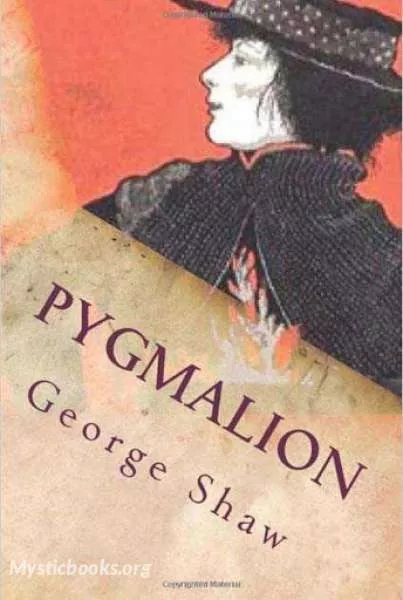
Pygmalion
'Pygmalion' Summary
Act One
A group of people are sheltering from the rain. Among them are the Eynsford-Hills, superficial social climbers eking out a living in "genteel poverty", consisting initially of Mrs. Eynsford-Hill and her daughter Clara. Clara's brother Freddy enters having earlier been dispatched to secure them a cab (which they can ill-afford), but being rather timid and faint-hearted he has failed to do so. As he goes off once again to find a cab, he bumps into a flower girl, Eliza. Her flowers drop into the mud of Covent Garden, the flowers she needs to survive in her poverty-stricken world. Shortly, they are joined by a gentleman, Colonel Pickering. While Eliza tries to sell flowers to the Colonel, a bystander informs her that a man is writing down everything she says. The man is Henry Higgins, a professor of phonetics. Eliza worries that Higgins is a police officer and will not calm down until Higgins introduces himself. It soon becomes apparent that he and Colonel Pickering have a shared interest in phonetics; indeed, Pickering has come from India to meet Higgins, and Higgins was planning to go to India to meet Pickering. Higgins tells Pickering that he could pass off the flower girl as a duchess merely by teaching her to speak properly. These words of bravado spark an interest in Eliza, who would love to make changes in her life and become more mannerly, even though, to her, it only means working in a flower shop. At the end of the act, Freddy returns after finding a taxi, only to find that his mother and sister have gone and left him with the cab. The streetwise Eliza takes the cab from him, using the money that Higgins tossed to her, leaving him on his own.
Act Two
Higgins' home – the next day
As Higgins demonstrates his phonetics to Pickering, the housekeeper Mrs. Pearce, tells him that a young girl wants to see him. Eliza has shown up because she wishes to talk like a lady in a flower shop. She tells Higgins that she will pay for lessons. He shows no interest, but she reminds him of his boast the previous day. Higgins claimed that he could pass her for a duchess. Pickering makes a bet with him on his claim, and says that he will pay for her lessons if Higgins succeeds. She is sent off to have a bath. Mrs. Pearce tells Higgins that he must behave himself in the young girl's presence, meaning he must stop swearing, and improve his table manners, but he is at a loss to understand why she should find fault with him. Alfred Doolittle, Eliza's father, appears with the sole purpose of getting money out of Higgins, having no paternal interest in his daughter's welfare. He sees himself as a member of the undeserving poor, and means to go on being undeserving. With his intelligent mind untamed by education, he has an eccentric view of life. He is also aggressive, and when Eliza, on her return, sticks her tongue out at him, he goes to hit her, but is prevented by Pickering. The scene ends with Higgins telling Pickering that they really have got a difficult job on their hands.
Act Three
Mrs. Higgins' drawing room
Higgins bursts in and tells his mother he has picked up a "common flower girl" whom he has been teaching. Mrs. Higgins is not very impressed with her son's attempts to win her approval because it is her 'at home' day and she is entertaining visitors. The visitors are the Eynsford-Hills. Higgins is rude to them on their arrival. Eliza enters and soon falls into talking about the weather and her family. Whilst she is now able to speak in beautifully modulated tones, the substance of what she says remains unchanged from the gutter. She confides her suspicions that her aunt was killed by relatives, and mentions that gin had been "mother's milk" to this aunt, and that Eliza's own father was always more cheerful after a goodly amount of gin. Higgins passes off her remarks as "the new small talk", and Freddy is enraptured. When she is leaving, he asks her if she is going to walk across the park, to which she replies, "Walk? Not bloody likely!" (This is the most famous line from the play, and, for many years after the play's debut, use of the word 'bloody' was known as a pygmalion; Mrs. Campbell was considered to have risked her career by speaking the line on stage.) After she and the Eynsford-Hills leave, Henry asks for his mother's opinion. She says the girl is not presentable and is very concerned about what will happen to her, but neither Higgins nor Pickering understands her thoughts of Eliza's future, and leave feeling confident and excited about how Eliza will get on. This leaves Mrs. Higgins feeling exasperated, and exclaiming, "Men! Men!! Men!!!"
Book Details
Language
EnglishOriginal Language
EnglishPublished In
1913Authors
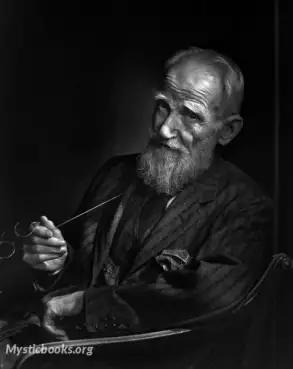
George Bernard Shaw
Ireland & England
Born in Dublin, Shaw moved to London in 1876, where he struggled to establish himself as a writer and novelist, and embarked on a rigorous process of self-education. By the mid-1880s he had become a r...
Books by George Bernard ShawDownload eBooks
Listen/Download Audiobook
- Select Speed
Related books
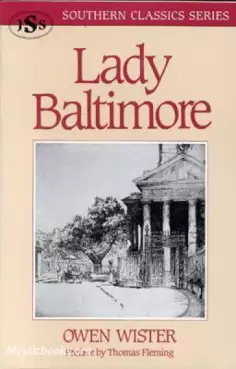
Lady Baltimore by Owen Wister
Lady Baltimore is one part social commentary, one part romance, one part comedy. Set in South Carolina at the turn of the century, it dramatically and...
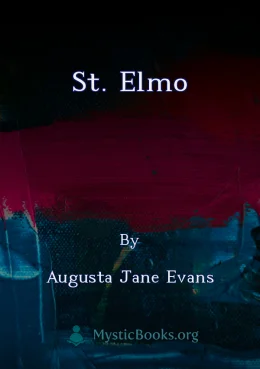
St. Elmo by Augusta Jane Evans
St. Elmo, by Augusta Jane Evans, is a sweeping romance novel set in the antebellum South. It tells the story of Edna, a beautiful and virtuous young w...
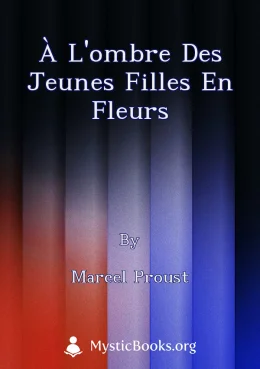
À l'ombre des jeunes filles en fleurs by Marcel Proust
À l'ombre des jeunes filles en fleurs, the first volume of Marcel Proust's monumental *À la recherche du temps perdu*, is a profound exploration of me...

H.M.S. Pinafore; Or, The Lass That Loved A Sailor by W. S. Gilbert
Set on the British naval ship HMS Pinafore, the opera follows the love story between Josephine, the captain's daughter, and Ralph Rackstraw, a lower-c...
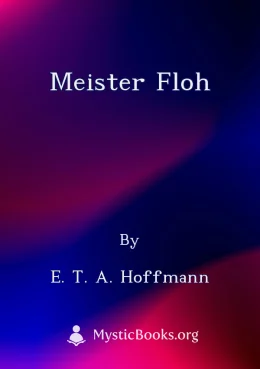
Meister Floh by E. T. A. Hoffmann
Das skurriles Märchen „Meister Floh“ erzählt die Geschichte des frauenscheuen Träumers Peregrinus Tyß und dessen Begegnung mit dem weisen und gelehrte...
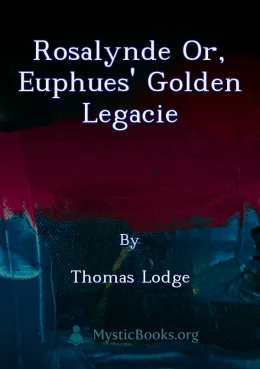
Rosalynde or, Euphues' Golden Legacie by Thomas Lodge
Rosalynde, or Euphues' Golden Legacie is a pastoral adventure novel by Thomas Lodge. It was published in 1590 and is considered one of the most popula...

History of Pendennis by William Makepeace Thackeray
In "The History of Pendennis", William Makepeace Thackeray presents a comprehensive portrait of Arthur Pendennis, a young man navigating the complexit...

Coast of Bohemia by William Dean Howells
In 'Coast of Bohemia,' William Dean Howells examines the clash between the conventional world of middle-class society and the unconventional realm of...
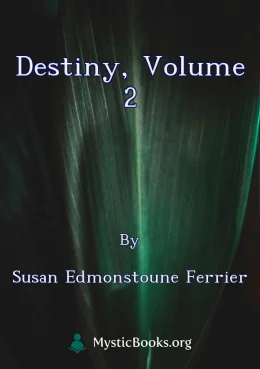
Destiny, Volume 2 by Susan Edmonstoune Ferrier
Destiny, Volume 2, is the final novel by Susan Edmonstone Ferrier, set primarily in the Scottish Highlands. The story explores intricate romantic enta...

White Peacock by D. H. Lawrence
Set in the English Midlands, *White Peacock* delves into the complexities of love, social expectations, and the impact of industrialization on rural l...
Reviews for Pygmalion
No reviews posted or approved, yet...